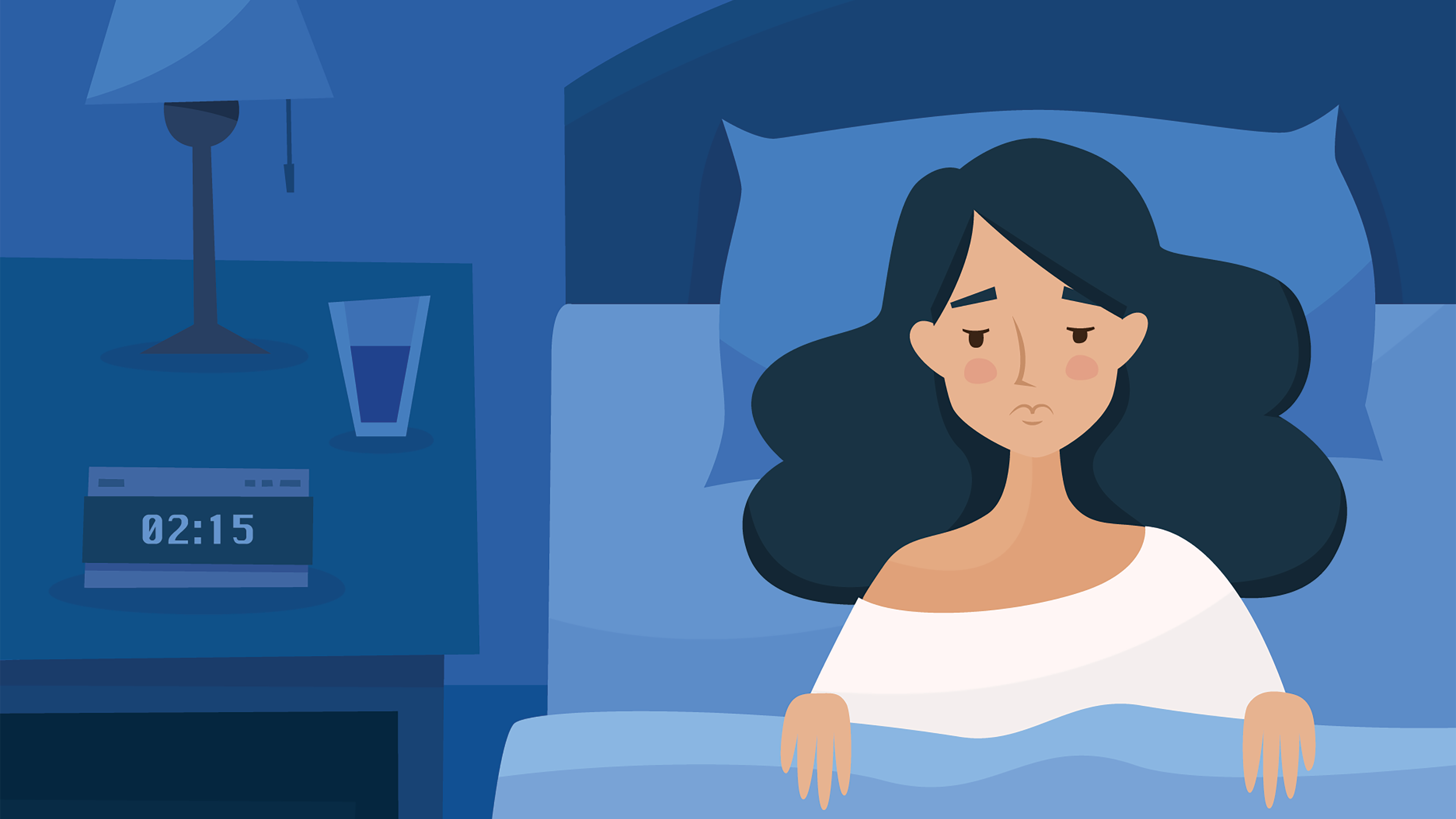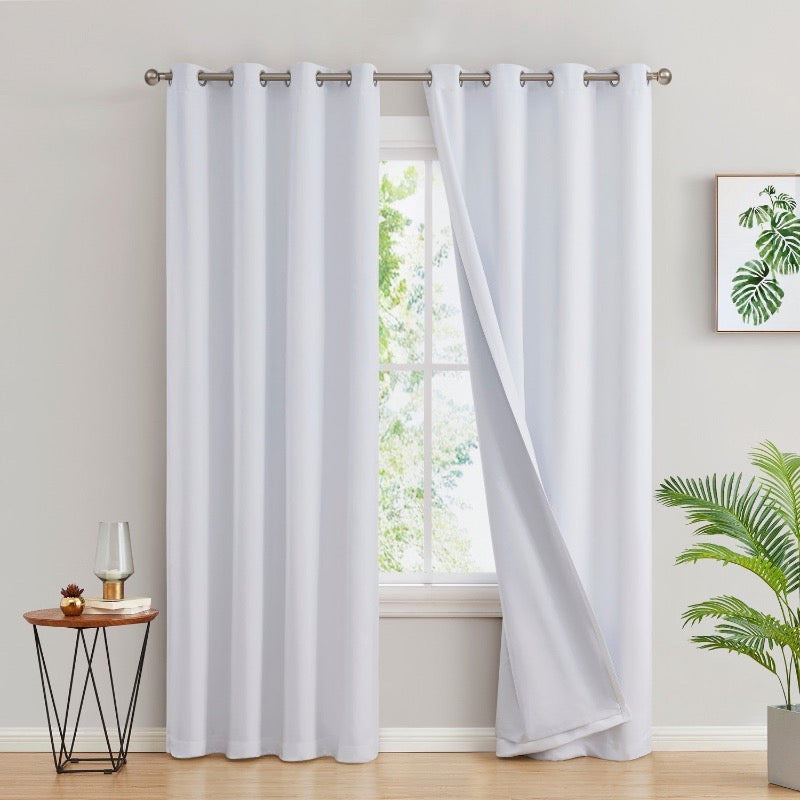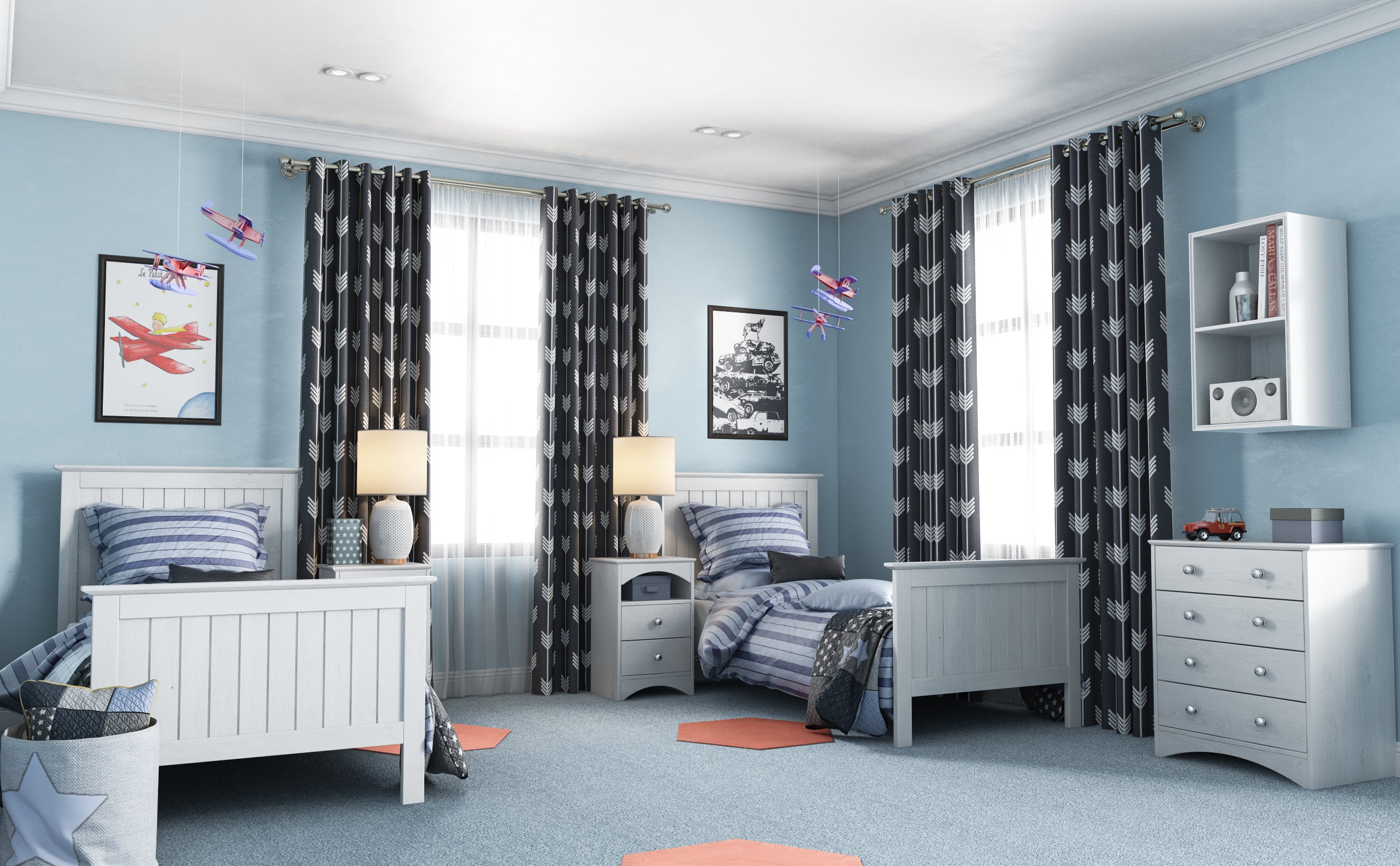SLEEP
FAQ: Sleeping Disorders, Sleep Patterns, Sleep Related Issues
BY Sakatta Inc.
|
January 29, 2022
Share


Why do we sleep?
A: Sleep is an intricate part of our biology. Sleep seems to be necessary to ensure proper functioning of the nervous system.
Newborns require a great deal of sleep. True or false?
A: True. They sleep from 11 to 18 hours per day, with short periods of 1-3 hours spent awake just to be able to feed and have a bowel movement. Newborns require help with developing their sleeping routine as they grow due to the lack of an active circadian rhythm.
There are five stages of sleep. True or false?
A: True. We repeat these stages several times throughout our sleeping hours.
Sleep deprivation or lack of sleep is associated with a number of health problems. True or false?
A: True. Prolonged or extreme sleep deprivation can cause hallucinations or paranoia in people who are otherwise healthy.
Sleep disorders are very common in people with mental disorders. True or false?
A: True. Mental disorders ranging from Depression, Bi-polar Disorder, Anxiety, and Schizophrenia have all been linked to sleeping disorders mainly insomnia.
Infectious diseases such as the flu make us feel sleepy. True or false?
A: True. The common cold and the flu can knock us down and most doctors suggest increased sleep in order to actively fight off the infection. The loss of energy will make you feel more tired than you normally feel
What is a circadian rhythm?
A: Circadian rhythms are thought to be related to the light and darkness in the external environment; it is believed light can affect the expression of genes that control body processes. These rhythms can influence the sleep cycle and other body functions.

What is sleep hygiene?
A: Keeping a schedule and routine before bedtime will ensure that you have a healthy sleep hygiene and that you are getting the proper hours required for your age. It is the practice that promotes the best sleep for each individual
The primary cause of insomnia is worry. True or false?
A: False. Insomnia is caused by a variety of factors which include stress and anxiety. It is not directed correlated specifically with worrying. It can also be a side-effect to some medications
People need less sleep as they grow older. True or false?
A: False. It might seem like your grandpa is always falling asleep in his chair while watching TV but in reality we maintain and require the same amount of sleep throughout adult life. It might be that older people sleep less hours at a time but sleep more frequently through a 24 hour period.
Which mental illness has the strongest link to insomnia?
A: Depression. Treating depression can often help sleep problems, and the opposite is also true; treating insomnia can help improve the symptoms of depression.
Drowsy driving is similar to driving while drunk. True or false?
A: True. Feeling sleepy can slow reaction times, reduce awareness, and impact your judgment
What is sleep apnea?
A: It is the temporary loss of air during sleep.
What is REM sleep and how is it helpful?
A: Known as rapid eye movement it is a deep sleep, where your body gets some of the most restful sleep. This is the stage where you dream, have more brain activity and move around less. Although your brain is active, it’s very relaxing and restorative sleep.
What causes insomnia?
A:The most common cause of insomnia is poor sleep habits (called sleep hygiene). Lifestyle factors like drinking too much caffeine or alcohol, keeping an erratic sleep schedule, reading or watching TV in bed can all cost you important rest.

How does insomnia affect a person’s health?
A: Getting little sleep because of the condition can cause you to be drowsy, according to the NIH, which can lead to a lack of focus, causing a higher risk of falling and of car crashes.
What are some key things people should do in order to get a good night’s sleep?
A: Develop a regimen and try to follow it every night religiously. Be aware of your sleep debt which is the amount of hours you missed per night.
What role does environment play in a person’s ability to fall asleep and stay asleep?
A: Getting rid of the environmental distractions and stress that can keep you from sleeping well will help you to develop a positive sleep pattern.
Your bed and mattress itself also plays a major part in a good night's rest and sleeping comfort. Depending on how you lay down on your mattress, you change the amounts of energy levels throughout your body. Certain pressure points are activated in your lower spine and back that help relieve stress and anxiety.
Click here to find out how a decent mattress can aide in getting a better night's rest.
Is it bad to exercise right before bed?
A: Exercising gives your body a metabolic boost which is counterproductive to good quality sleep. You might experience that it takes you longer to fall asleep after a workout because your body is now full of endorphins.
How can exercise and good sleep work together to create better health?
A: Along with exercise and good nutrition, good sleep is important for a healthy lifestyle. It is important to find balance and maintain a schedule that works for you specifically.
Is it bad to eat just before bed?
A: Eating too close to bedtime can make you uncomfortable, especially if you eat spicy foods or other foods that can cause heartburn. Taking in too many liquids will also disrupt your sleep if you need to awake multiple times to relieve yourself.
How does napping affect a good night’s rest?
A: Yes. The National Institutes of Health recommends not taking a nap later than 3:00 pm to make sure that the nap does not interfere with your regular sleep at night.
How does alcohol interfere with a good night’s sleep?
A: Alcohol negatively affects your sleep cycles by creating an imbalance during your REM phases, making you sleep more lightly.
What role does sleep play in preventive healthcare?
A: Yes, by having a good sleep routine you are taking the necessary preventive measures to work towards good overall health.
What is sleepwalking?
A: Sleepwalking is a disorder that causes you to get up and walk around or do other kinds of activities while you are still sleeping. Sleepwalking usually happens during deep sleep in the early part of the night.
What is sleep talking?
A: Sleep talking is a common disorder that can happen at any stage of sleeping. The person sleep talking usually doesn’t know about the problem. It is commonly found in younger people mainly children.
What are night terrors?
A: Night terrors can last as long as 10 to 20 minutes, and children with night terrors usually don’t remember that they happened. It is categorized as a sudden burst of fear that awakens you in a panic.
RECENT ARTICLES
Sleeping Patterns In School-Aged Children
When it comes to sleep, no matter what age, it is a vital aspect to our daily lives that we mainly underestimate, don’t notice, or pay poor attention to. Children within the ages...
READ MORE17 Reasons Why Your Baby Isn’t Getting Enough Sleep
Here is a list of the main reasons you need to put your baby to sleep: Bedtime Too Late - Baby’s will feel restless and cranky if they are overtired and it will be much harder...
READ MORELearning to sleep - Train your baby
Sleep training is the process of teaching your baby how to fall asleep and stay asleep at bedtime. As they grow, your goal is to have them fall asleep with your touch, your...
READ MORE



